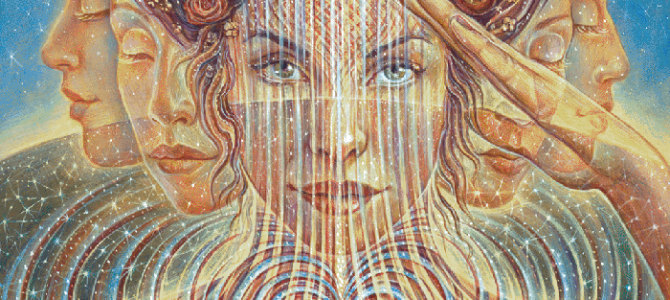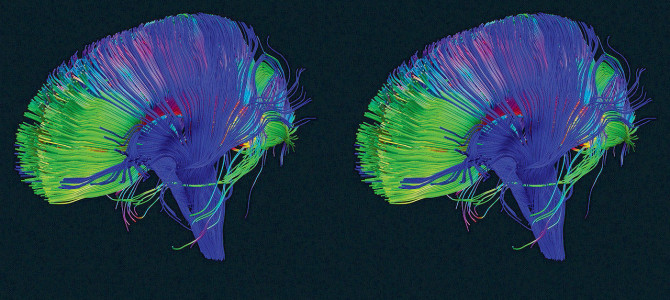Faith in Focus: The common good By Dee Dombach Jim Wallis, Christian pastor and founder of Sojourners, wrote “Ours is a shallow and selfish age, and we are in need of conversion — from looking out just for ourselves to also…
Faith in Focus: The common good





